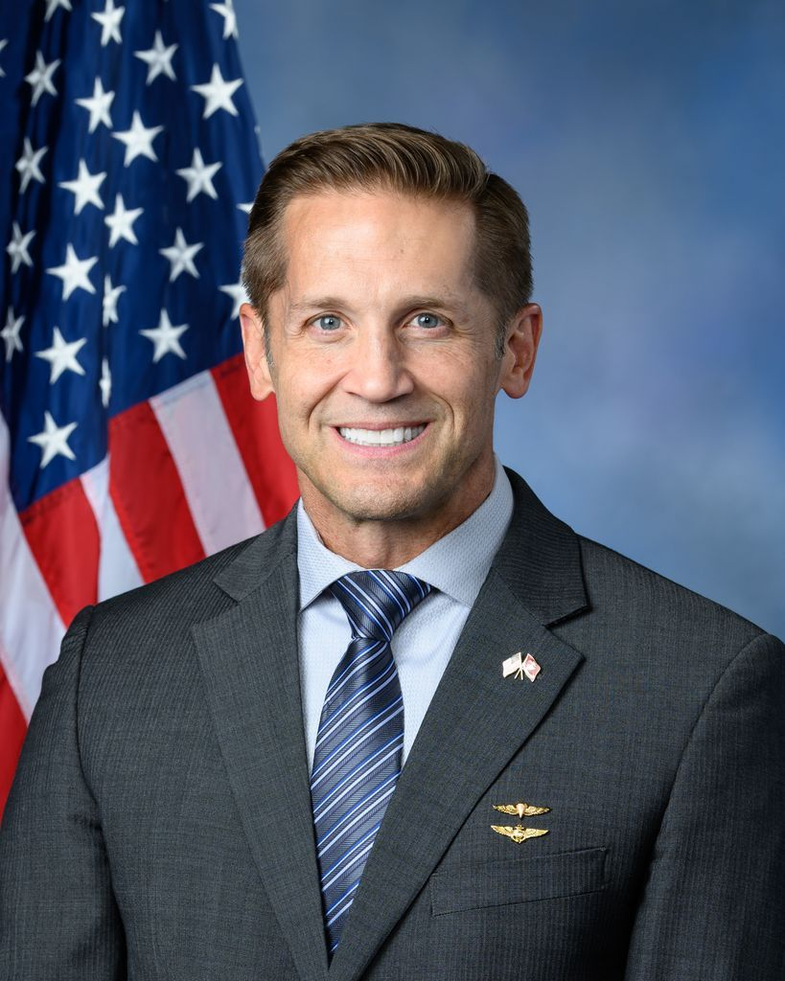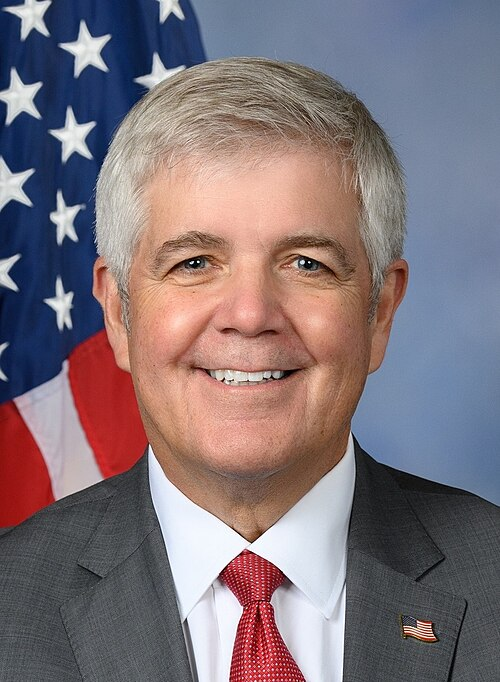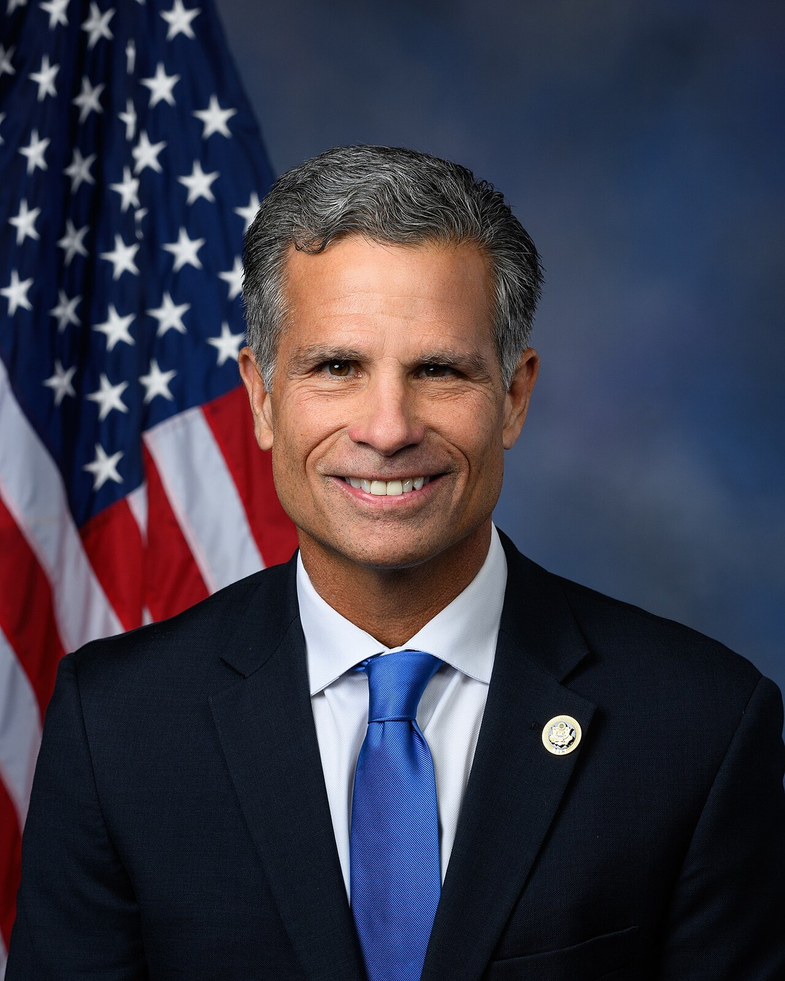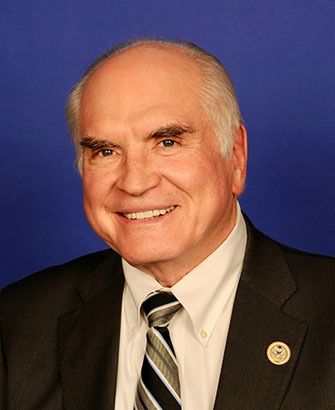H.R. 5509: Safe Step Act
The proposed legislation, known as the Safe Step Act, aims to amend the Employee Retirement Income Security Act of 1974 by introducing a required exceptions process for medication step therapy protocols in group health plans and health insurance coverage. Here are the key points regarding what the bill entails:
1. Exceptions Process Requirement
The bill mandates that health plans implement a clear, prompt, and transparent process allowing participants or beneficiaries (or their prescribing health care providers) to request exceptions to medication step therapy protocols, which typically require patients to attempt one or more alternative medications before the plan will cover the prescribed medication.
2. Criteria for Exception Approval
The legislation outlines circumstances under which an exception request must be granted. These include:
- If previous treatments required under the protocol have been ineffective.
- If delaying effective treatment could lead to severe health consequences or worsen the participant's condition.
- If the required treatments are contraindicated or could cause harm.
- If the treatment is necessary for maintaining reasonable function in everyday activities.
- If the participant is stable on the requested drug due to prior approval.
- Other situations as determined by the Secretary of Labor.
3. Clear Process Requirements
The bill also requires the exceptions process to include:
- The opportunity for healthcare providers to present clinical rationales and relevant medical information.
- The use of standardized forms for requests which can be submitted both electronically and in paper format.
- Notification to participants about how to request an exception.
- Information about the conditions that could expedite a request.
- Representation by a designated advocate on behalf of the participant or beneficiary.
4. Timeliness of Decisions
The Act stipulates that health insurers or plans must respond to exception requests within a specified time frame:
- Generally, within 72 hours of receiving a request.
- In urgent cases, within 24 hours, particularly if the therapy could jeopardize health or cause pain.
5. Duration of Granted Exceptions
If an exception is granted, coverage for the requested drug must remain in effect for a minimum of one year for that participant or beneficiary.
6. Definition and Scope of Step Therapy Protocols
The bill clarifies that medication step therapy protocols are management programs that require patients to try preferred drugs before approving coverage for non-preferred drugs.
7. Reporting Requirements
Health plans will need to report data on exception requests and outcomes to the Secretary of Labor every year, which will include the number of requests received, the reasons for denials, and any appeals that were lodged.
8. Inclusion of Pharmacy Benefit Managers
The legislation includes provisions to ensure that health plans can obtain necessary information from third-party administrators or pharmacy benefit management services to comply with these reporting requirements.
9. Implementation Timeline
The new requirements are expected to apply to plan years starting at least six months after the bill is enacted, with regulations to be issued within six months of enactment.
Relevant Companies
- CVS - As a pharmacy benefit manager, CVS may need to adjust its policies and practices to comply with the new reporting and process requirements.
- ANTM - Anthem Inc. is a major health insurer that will likely need to develop new processes to handle exception requests and reporting as mandated by the bill.
- UNH - UnitedHealth Group, another large health insurer, may also be significantly impacted in terms of operational changes to accommodate the new exception request process.
This is an AI-generated summary of the bill text. There may be mistakes.
Sponsors
36 bill sponsors
-
TrackRick W. Allen

Sponsor
-
TrackJoyce Beatty
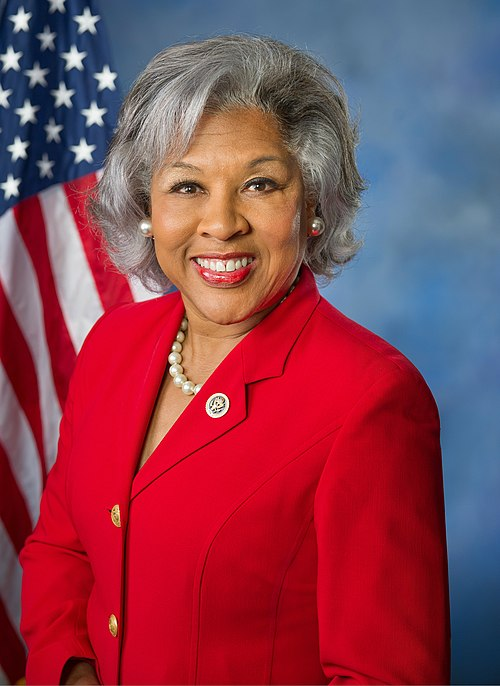
Co-Sponsor
-
TrackKathy Castor
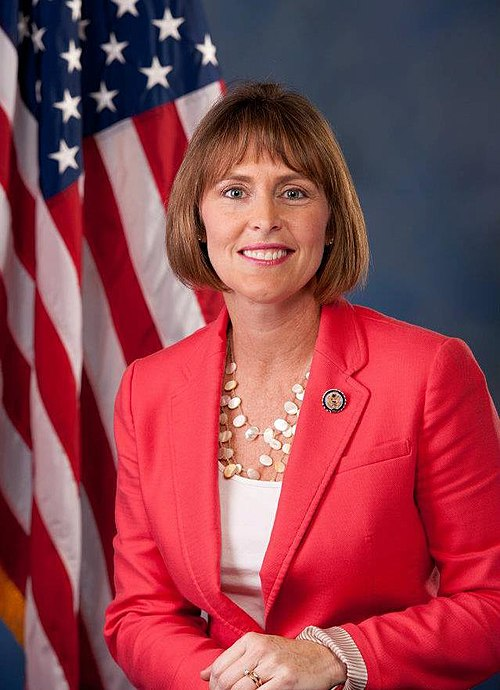
Co-Sponsor
-
TrackEmanuel Cleaver

Co-Sponsor
-
TrackSteve Cohen

Co-Sponsor
-
TrackSharice Davids
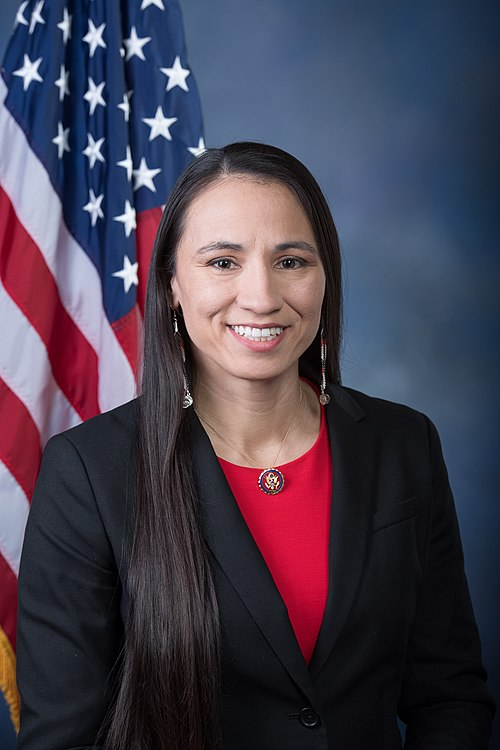
Co-Sponsor
-
TrackMadeleine Dean
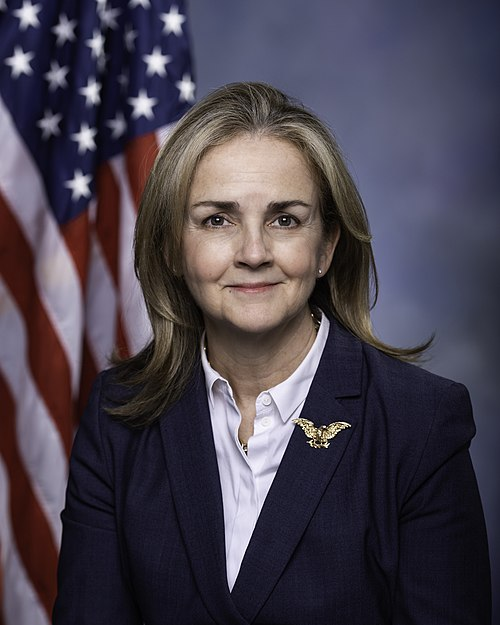
Co-Sponsor
-
TrackChristopher R. Deluzio

Co-Sponsor
-
TrackLizzie Fletcher

Co-Sponsor
-
TrackJosh Gottheimer

Co-Sponsor
-
TrackAndy Harris
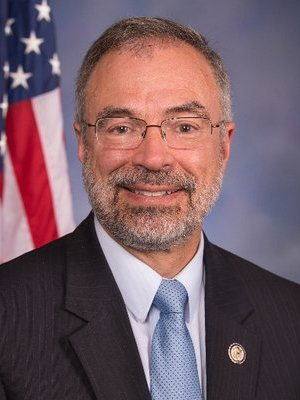
Co-Sponsor
-
TrackJahana Hayes

Co-Sponsor
-
TrackMike Kennedy

Co-Sponsor
-
TrackSummer L. Lee

Co-Sponsor
-
TrackBarry Loudermilk

Co-Sponsor
-
TrackStephen F. Lynch
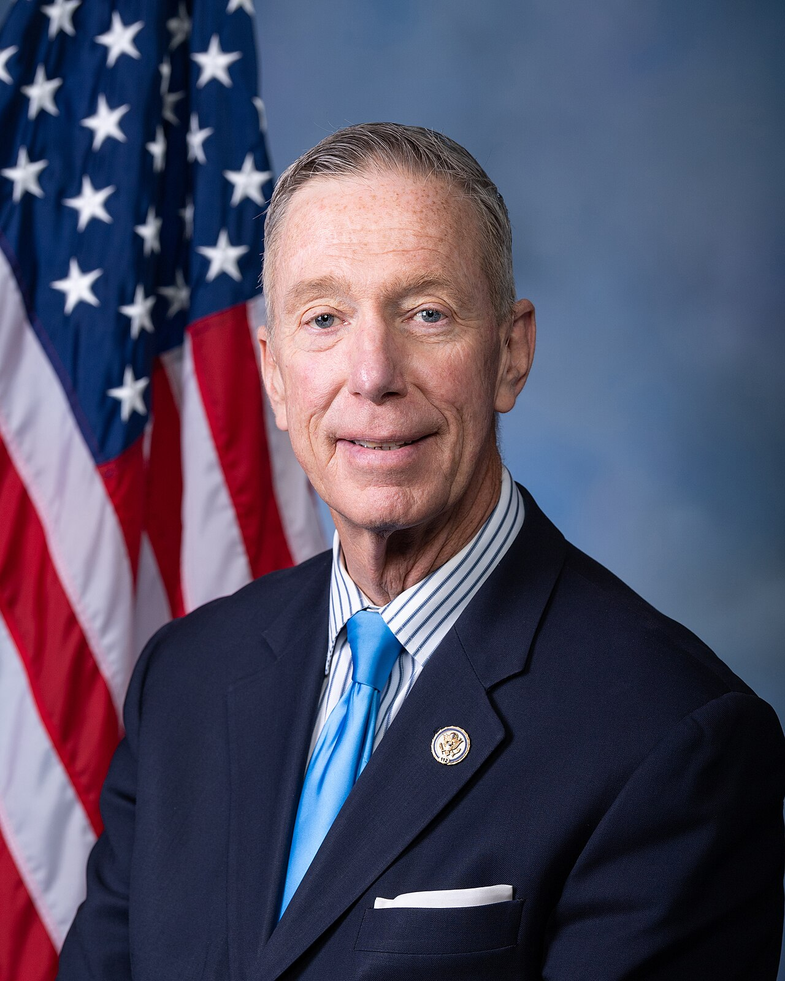
Co-Sponsor
-
TrackTracey Mann
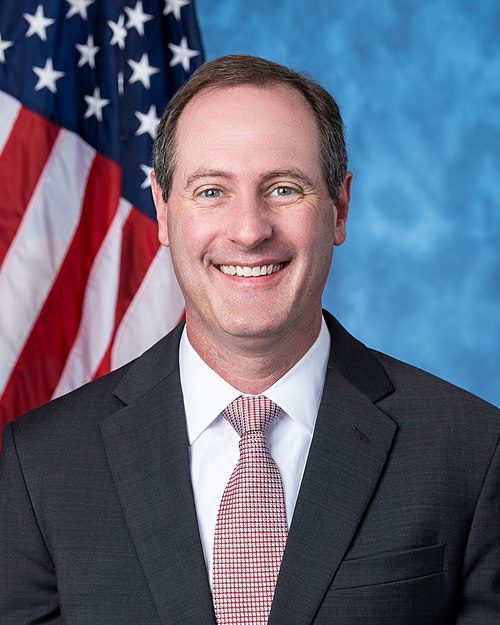
Co-Sponsor
-
TrackLucy McBath
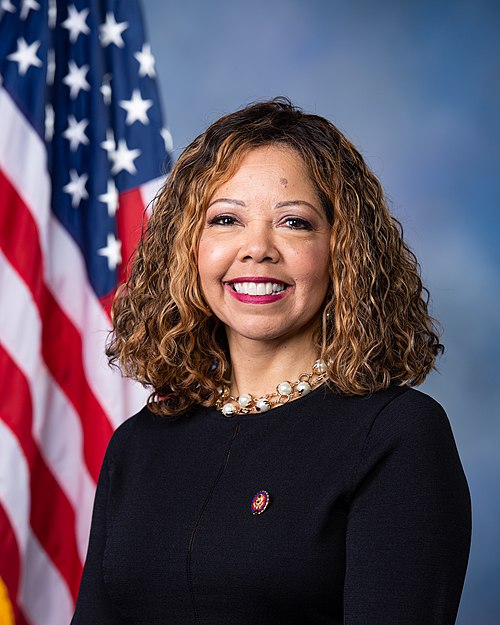
Co-Sponsor
-
TrackSarah McBride
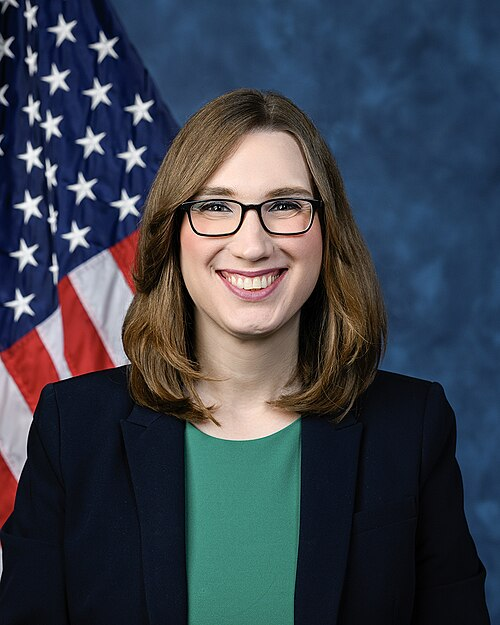
Co-Sponsor
-
TrackApril McClain Delaney
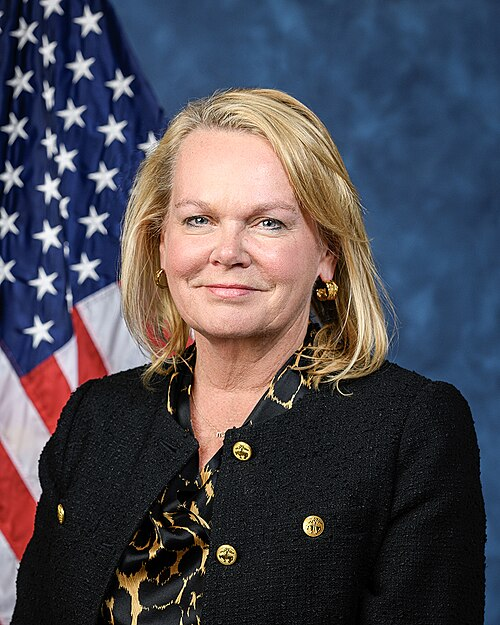
Co-Sponsor
-
TrackMariannette Miller-Meeks

Co-Sponsor
-
TrackFrank J. Mrvan
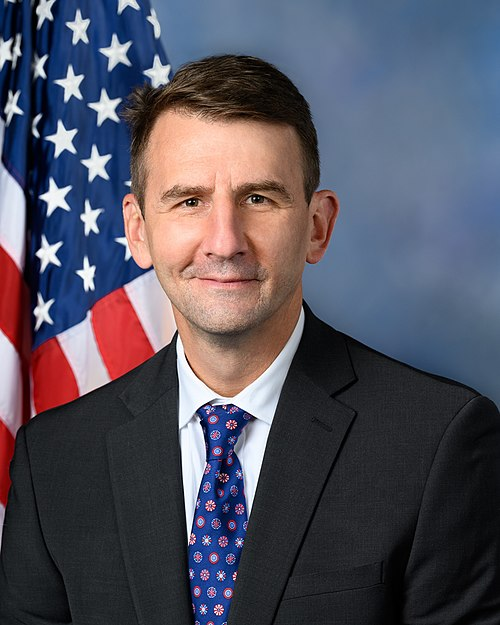
Co-Sponsor
-
TrackKevin Mullin
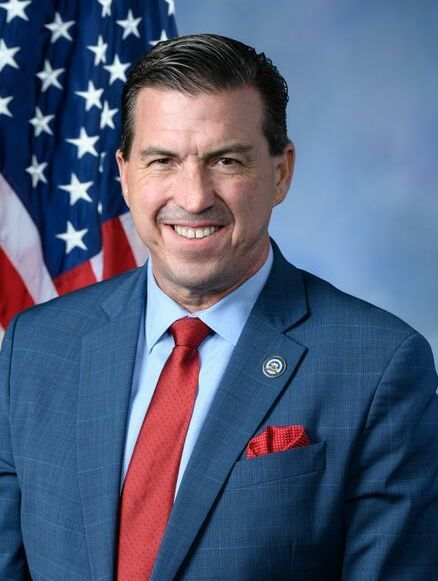
Co-Sponsor
-
TrackRobert Onder

Co-Sponsor
-
TrackScott H. Peters
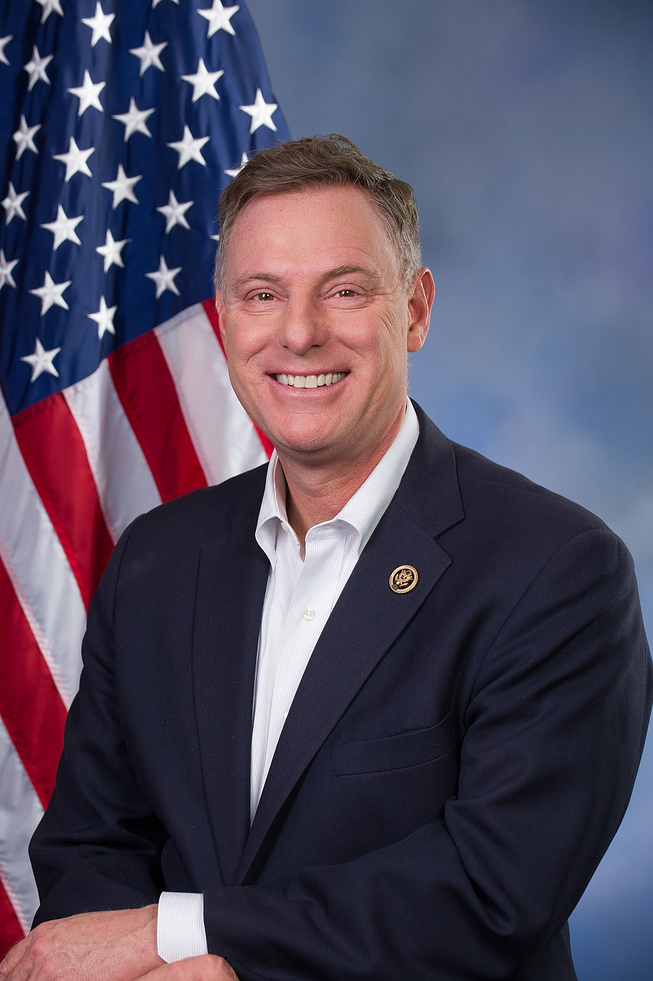
Co-Sponsor
-
TrackChellie Pingree

Co-Sponsor
-
TrackJosh Riley

Co-Sponsor
-
TrackRaul Ruiz
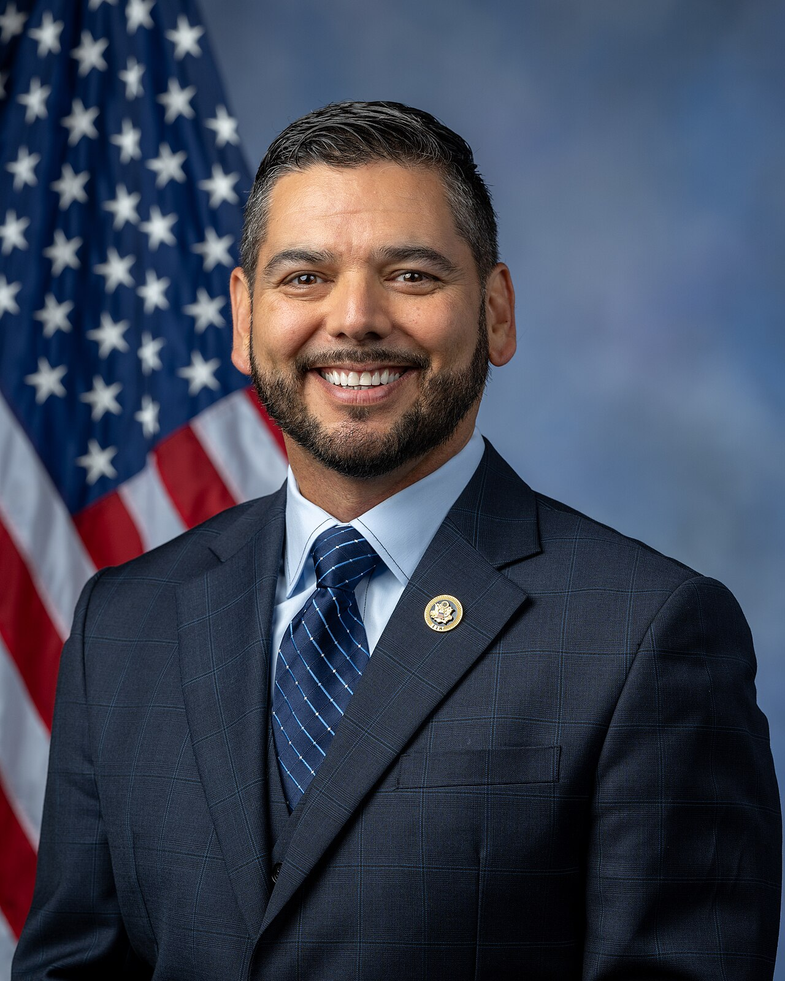
Co-Sponsor
-
TrackHillary J. Scholten
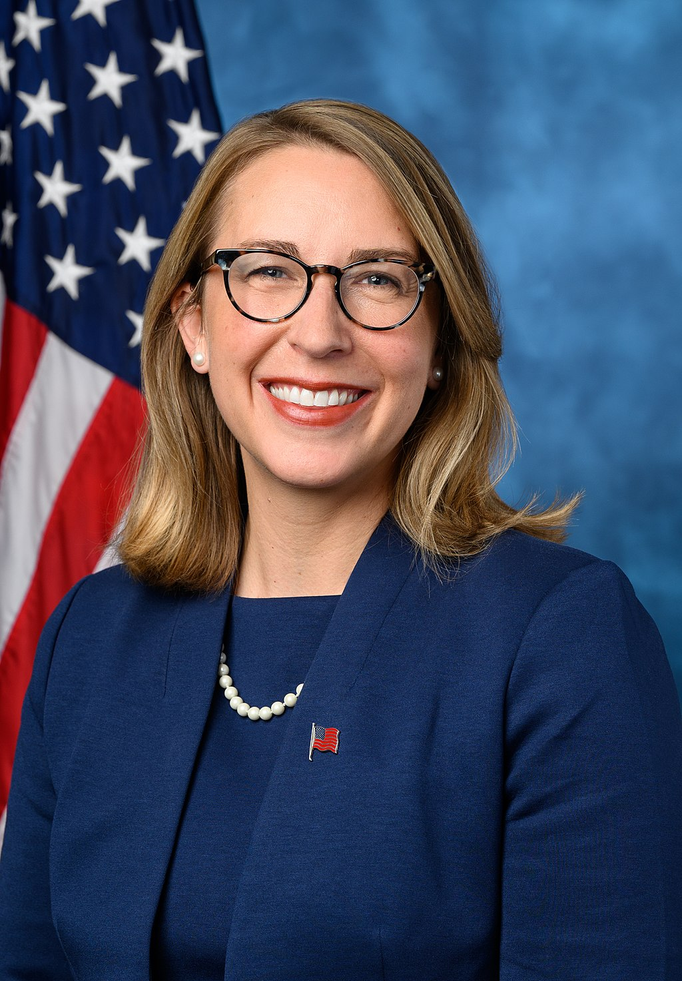
Co-Sponsor
-
TrackLateefah Simon

Co-Sponsor
-
TrackShri Thanedar

Co-Sponsor
-
TrackJill N. Tokuda
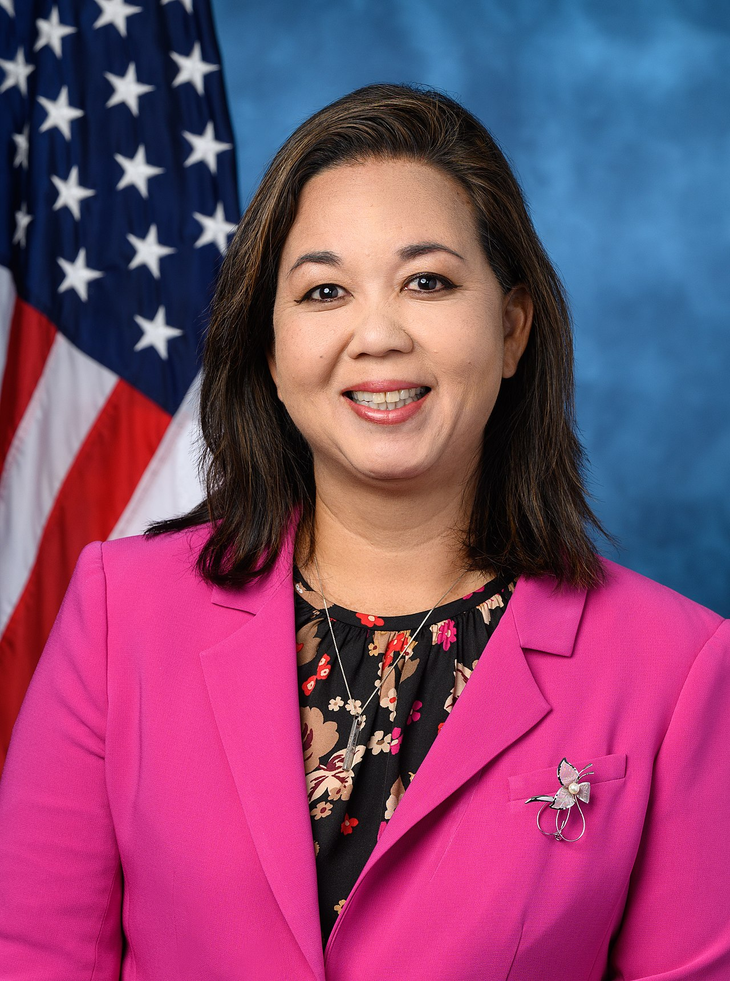
Co-Sponsor
-
TrackGabe Vasquez
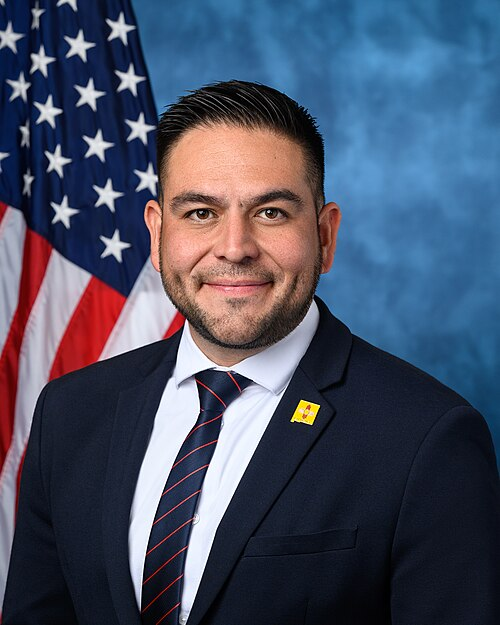
Co-Sponsor
-
TrackEugene Vindman
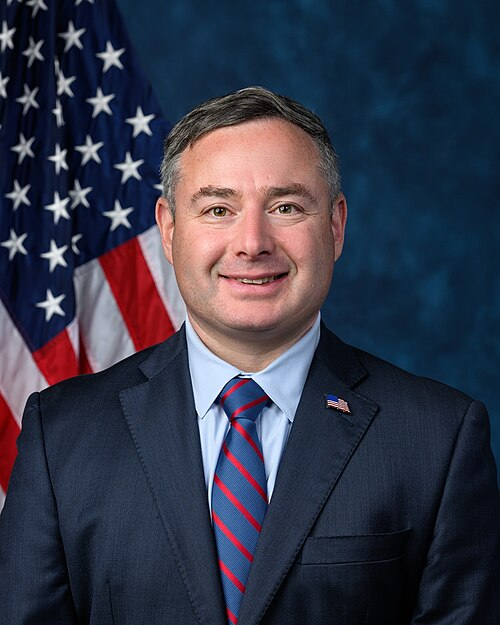
Co-Sponsor
-
TrackJames R. Walkinshaw

Co-Sponsor
-
TrackRobert J. Wittman

Co-Sponsor
Actions
2 actions
| Date | Action |
|---|---|
| Sep. 19, 2025 | Introduced in House |
| Sep. 19, 2025 | Referred to the House Committee on Education and Workforce. |
Corporate Lobbying
1 company lobbying










